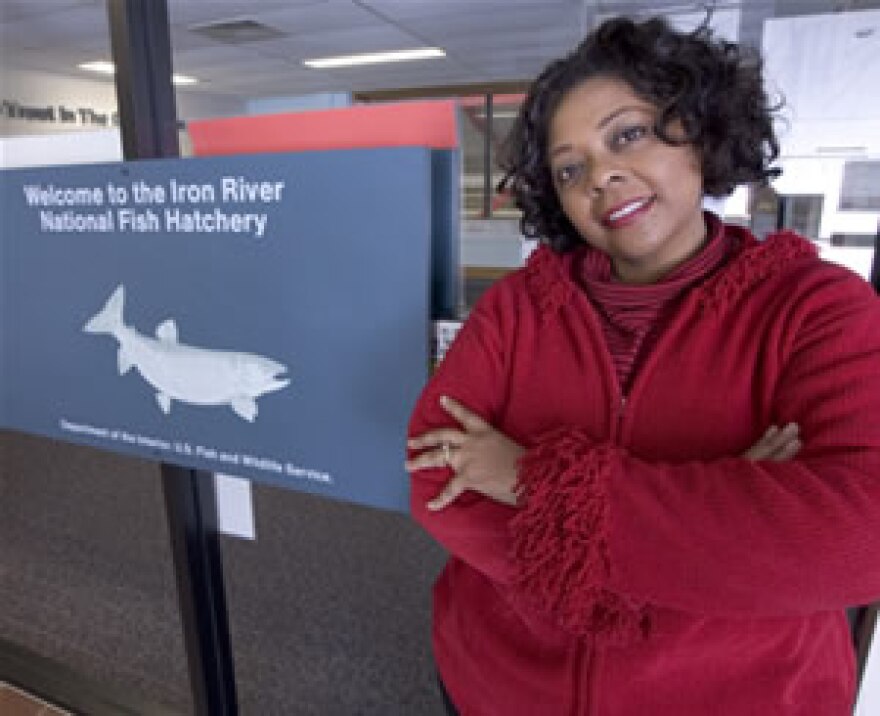What’s now known as the “environmental movement” took root decades ago. Today, more young people than ever before are interested in careers in this field. But it’s a career path, which relatively few people of color choose to pursue.
The College of Natural Resources and Environment at Virginia Tech held a national conference to explore the future of diversity in careers related to the environment. Dean Paul Winistorfer says more needs to be done to interest minorities in this growing field.
“In the state of Virginia as an example our forest industry is a 27-billion dollar sector of our economy and yet the representation of diversity within our industry is very, very small. So people, number one, aren’t aware that there are these jobs; that we need chemists and engineers and yes, field people and yes field foresters. But these are not the kind of positions that are highlighted in K-through 12 and particularly students of color and ethnic diversity don't grow up aspiring to be in forestry or in natural resources," he says.
Winistorfer points out that Virginia Tech has a large number of students who are the first in their families to go to college. Often, parents want their kids to be doctors or lawyers. A job in natural resources or environmental issues is not considered a high paying job to most people.

Mamie Parker is the former Regional Director of the U.S. Fish and Wildlife Service, one of relatively few black women to hold such a high position in the field. She recently retired, but found her career extremely rewarding. She says this sector could benefit from increased diversity in its ranks.
“The environmental movement started in the late 70s and we are going backward in many cases. We have some success stories, but what if we had the same passion and sacrifices that people made during the civil rights movement engaged in this process to fight what they believe in and also work to compromise where it’s appropriate to do so? We may see some different results," said Parker.
Demographics point to what experts call, the ‘browning’ of America. In the future, the majority of the U.S. population will be composed of people who identify as minorities.
They say the field needs to attract more people of color if the important work of environmental preservation and exploration is to flourish in future decades.

